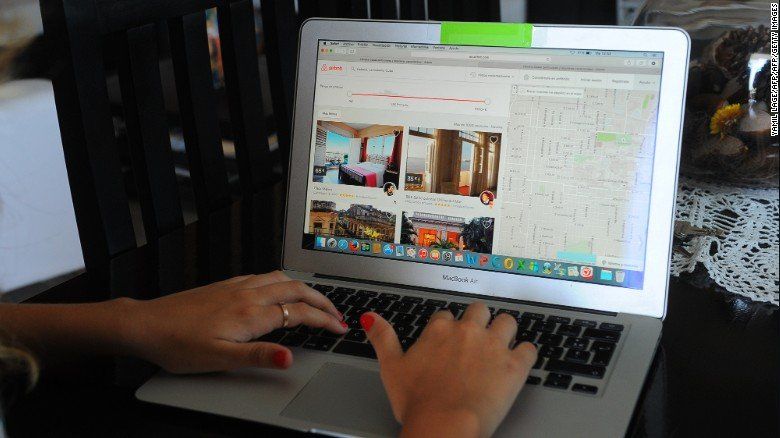
The U.S. plan to ban laptops from airliner cabins on flights originating in Europe is drawing increasing resistance from the European Union, a UK pilot union and business travelers. EU aviation authorities will meet this week to consider the proposed laptop ban. The issue became the center of a Washington political firestorm this week on reports that President Donald Trump revealed classified information to Russian diplomats related to intelligence on terrorists’ plans to use laptops as explosive devices.
The Department of Homeland Security in March banned laptops in cabins of U.S.-bound flights originating in 50 cities, most in the Middle East. It has proposed expanding the ban to include European departure cities, but no effective date has been announced. The proposal hasn’t been received warmly in Europe.
The British Airline Pilots Association said this week that banning laptops creates a catastrophic fire potential in aircraft baggage holds. In a statement released on May 14, BAPA’s Steve Landells said, “Given the risk of fire from these devices when they are damaged or they short circuit, an incident in the cabin would be spotted earlier and this would enable the crew to react quickly before any fire becomes uncontainable. If these devices are kept in the hold, the risk is that if a fire occurs the results can be catastrophic. Indeed, there have been two crashes where lithium batteries have been cited in the accident reports.”
Landells added that the union doesn’t doubt the security threats represented by laptops improvised as bombs, but it urged authorities to assess the additional fire risk before “solving one problem by creating a worse one.” Meanwhile, European governments planned to meet with DHS officials on Friday, worried that the ban will “create logistical chaos” on the world’s busiest transoceanic travel corridor. EU officials want to know if the proposed ban is in reaction to any specific threat, but DHS has said it is not. The head of CNAPS, a French security agency regulator, agreed that the initial implementation would be chaotic. “You need a lot of time to inform them and a lot of time for it to enter people’s heads until it becomes a habit,” said Alain Bauer. “After a week of quite big difficulties, 95 percent of people will understand the practicalities,” he added.
The Business Traveler’s Coalition is also protesting the ban. The organization said lost productivity is an issue, but the larger concern related to demand for business travel. “Most organizations — corporations, universities, governments — will not allow employees to check laptops, most of which have sensitive information on them. IT chiefs and risk managers are very conservative and assume everything on a laptop is sensitive, such as emails, contacts, hiring, marketing and sales strategies, new product diagrams …”, said BTC’s chairman, Kevin Mitchell in a letter to DHS. “Simply put, the ripple effects of this could create an economic tsunami of the likes which terrorists are dreaming of,” he added.
Other countries are reviewing policies on laptops in cabins. Canadian officials say they aren’t considering a laptop ban for now, but Australia is considering following the U.S. lead on laptop restrictions, according to ABC Online.


































